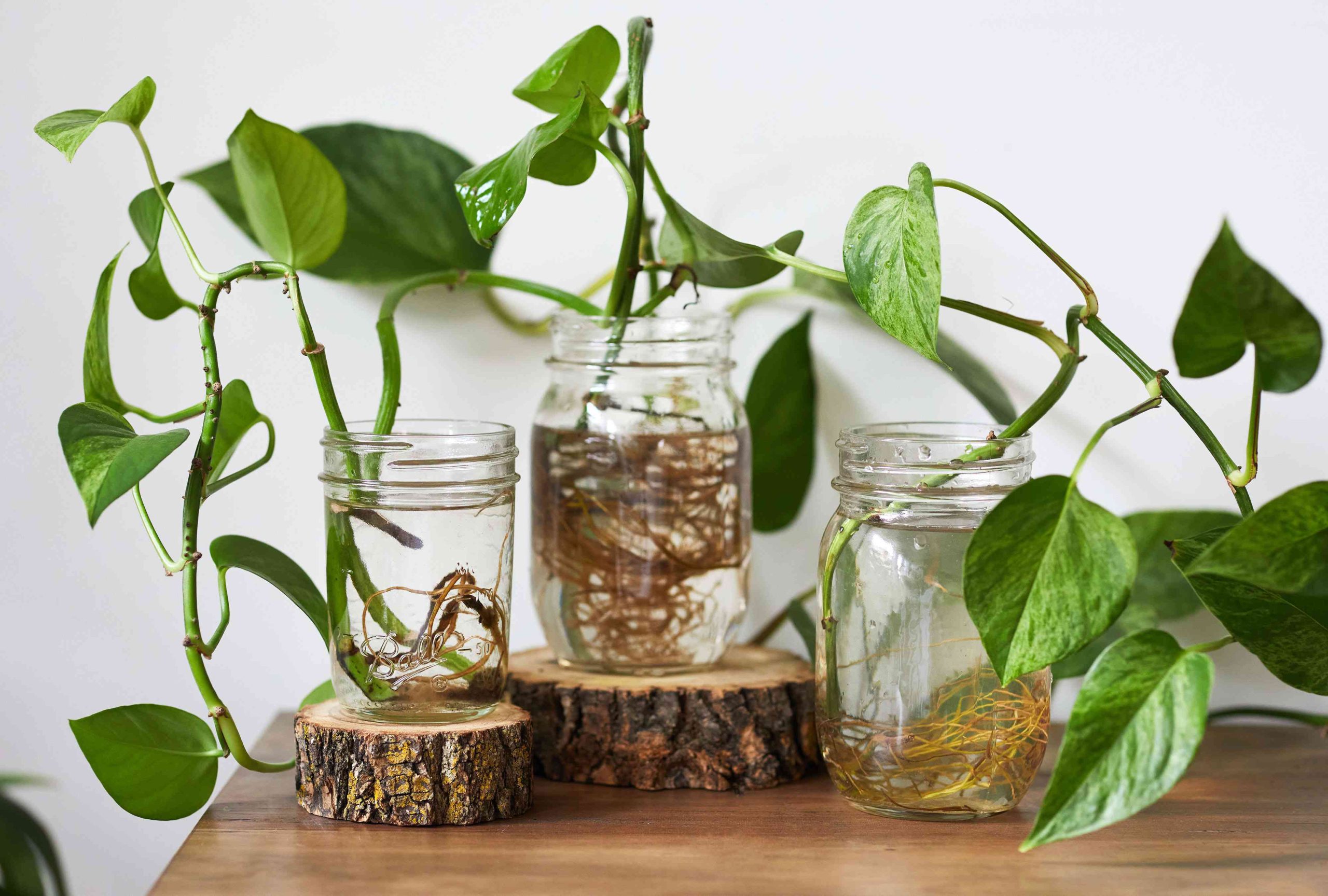Growing plants in water has become a popular way to enjoy greenery with minimal effort. Known as hydroponics this method involves suspending the plant’s roots directly in water rather than soil. But without dirt, how do you provide nutrients to keep plants healthy? The key is using the right fertilizer at the proper dosage.
Benefits of Hydroponic Plant Care
Hydroponics offers several advantages:
-
Very little maintenance since no soil is involved
-
The water reservoir provides a constant supply of moisture to plant roots
-
It’s possible to grow plants in small containers or even glass jars.
-
The water is portable so plants can be moved easily.
-
Root development is visible for inspection.
-
Nutrient levels can be closely controlled.
-
Plants may grow faster than in soil since roots have immediate access to water.
Choosing a Hydroponic Fertilizer
Since plants in water depend completely on added nutrients, choosing the right hydroponic fertilizer is important. Look for:
-
Complete, balanced nutrition – Nitrogen, phosphorus, potassium, and micronutrients.
-
Water-soluble formula that easily disperses.
-
Concentrated to allow adjusting dilution.
-
Made for hydroponic growing.
-
Free of urea which can burn roots.
Popular options include Miracle-Gro Water Soluble Bloom Booster, General Hydroponics FloraSeries, and Alaska Fish Fertilizer.
You can also make your own hydroponic plant food using water-soluble fertilizer or compost tea. Avoid manure-based teas which can harbor pathogens.
How to Fertilize Hydroponic Plants
-
Fill the plant’s water reservoir with fresh water. Use distilled or rainwater rather than tap water which may contain chlorine.
-
Add fertilizer according to label directions, usually 1/4 to 1/2 strength. More is not better.
-
Mix thoroughly to disperse nutrients. Check that the pH is around 6.5.
-
Replace the plant and top off the reservoir as needed.
-
Change water and add new fertilizer every 4-6 weeks. Roots need oxygen so stagnant water can cause issues.
Tips for Proper Fertilization
-
If leaves are pale, increase fertilizer concentration slightly.
-
For faster growth, use fertilizer at the higher recommended strength.
-
During winter dormancy, reduce fertilizer to 1/8 strength.
-
Flush the roots monthly by leaching with plain water to prevent salt buildup.
-
Test nitrogen levels with cheap aquarium test strips for easy monitoring.
-
Excess fertilizer can burn roots – yellow tips signal overfeeding.
Best Plants for Hydroponic Growing
Many houseplants adapt well to growing in water. Some top choices include:
-
Pothos – An easy vine with trailing stems and heart-shaped leaves. Tolerates low light.
-
Philodendrons – Vining plants with split leaves. Grow quickly and add tropical flair.
-
Peace lilies – Produce pretty white blooms. Do well in low light and tolerate neglect.
-
Lucky bamboo – A dracaena species with slender, upright stems. Adds zen ambiance.
-
Chinese evergreens – Dramatic foliage plants with patterns and colors. Low maintenance.
-
Spider plants – Grow baby plantlets that trail attractively over the sides. Hard to kill and propagate easily by planting the offshoots.
-
Wandering Jew – Fun trailing plant with purple, green, pink, or silver leaves depending on variety.
Transitioning Plants to Water Culture
Many houseplants accustomed to growing in soil will need time to adjust to hydroponic conditions. Follow these tips:
-
Propagate cuttings in water first to allow roots to adapt before transferring mature plants.
-
Initially, leave some soil on the roots when moving plants into water. Rinse gradually over several changes of water.
-
Start with very dilute fertilizer and increase concentration slowly over several weeks.
-
Expect some leaf yellowing or drop off as plants acclimate. New growth will be healthier.
With the right fertilizer regimen, plants can thrive long-term in water alone. The simplicity of hydroponics makes it an easy way to enjoy the benefits of houseplants with minimal maintenance required. Just be sure to give your water-grown greens a nutrient boost whenever you change their water.
How to Use Miracle-Gro® All Purpose Water Soluble Plant Food
FAQ
What fertilizer should I use for plants growing in water?
What is the best food for plants in water?
Can I put plant food in my water plants?
- A Complete Guide to Caring for Yuki Cherry Blossom Shrub - January 23, 2025
- Identifying Red Hot Poker Seeds: What to Look For When Harvesting Torch Lily Pods - January 23, 2025
- A Complete Guide to Harvesting Evening Primrose Seeds - January 23, 2025

